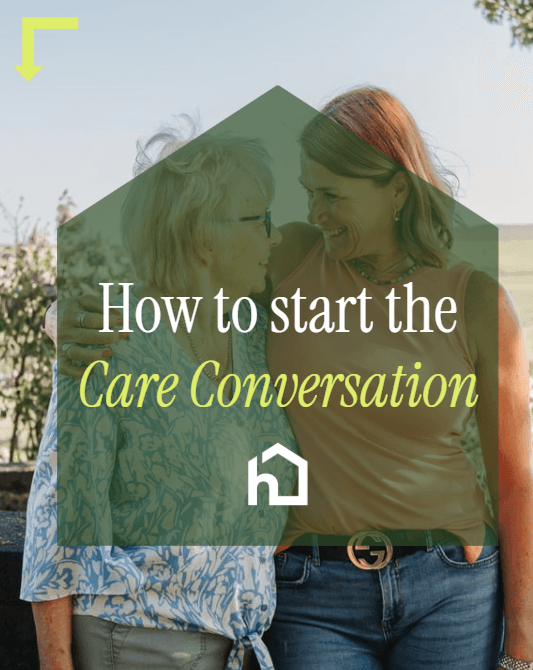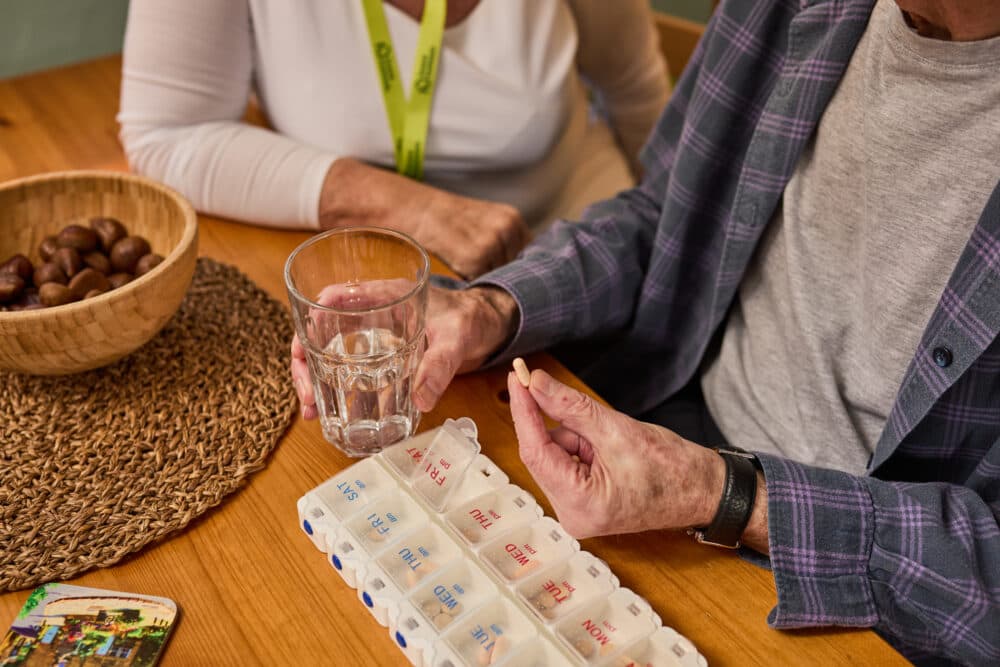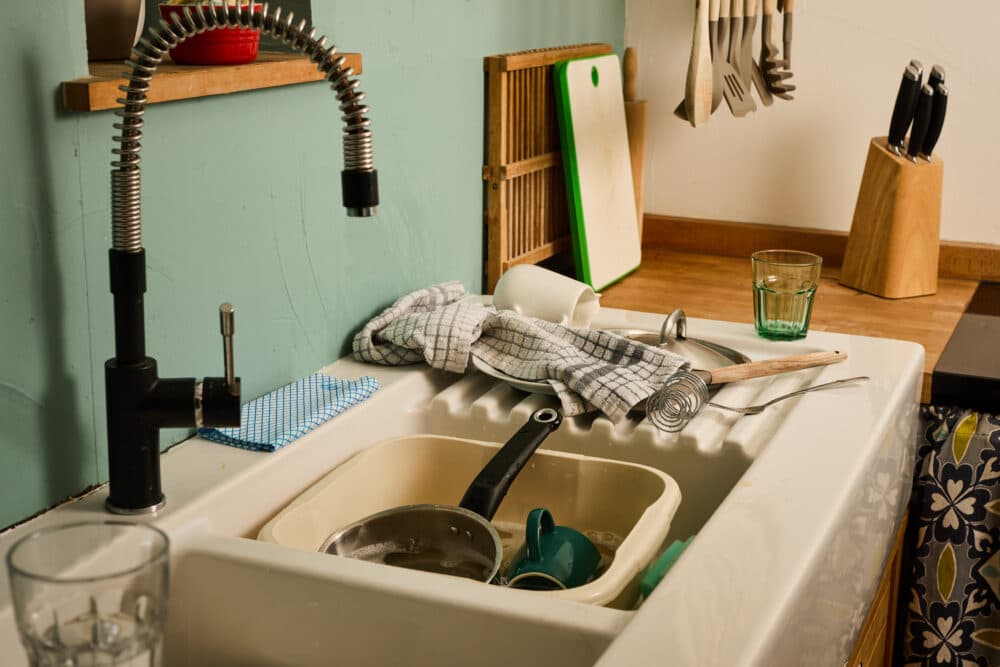Spotting the Signs

They Took Care of You. Now it's Time to Take Care of Them.
Discussing care with your loved one is a delicate subject and needs to be handled carefully. Nobody likes to be reminded that they are getting older, and admitting that we need help can be the hardest part of all.
It can be quite normal to ‘put off’ these difficult conversations, but prolonging them could have a detrimental effect in the long run. Here at Home Instead, we understand how hard it can be to approach these conversations.
Starting the conversation about getting your loved one care at home can feel overwhelming, but you’re not alone. Whether you’re noticing changes in your loved one’s health, mobility or daily routine, knowing how to approach these discussions is key to ensuring they get the right support.
We have put together a ‘Let’s talk care’ guide to help get you started with these conversations.

Many people dismiss small changes as part of the natural ageing process, but these “little signs” can be early indicators more help is needed. For an ageing loved one can come with many questions, emotions and decisions. It’s natural to wonder if the small changes you might be noticing are just part of getting older, or signs that more support is needed
We have put together a ‘Spot the Signs’ checklist, which has been designed to help you to be aware of the different signs and symptoms to look out for. If you are able to tick many of the boxes when thinking about a loved one, don’t wait for a crisis.
Our dedicated and experienced Care Professionals offer personalised care services designed to meet your individual needs. Whether you require help with everyday household tasks, companionship personal care, or more specialist and complex care, we’re here to support you.
Our care professionals provide care in the Lichfield, Tamworth and North Warwickshire area, to support and allow individuals to lead fulfilled lives in safe & familiar surroundings where they feel most comfortable ; their home. You and your family can feel reassured knowing you’re receiving high-quality support from our experienced and trained care professional team.
Get in touch today for advice and guidance on how to get started with the care conversation.
